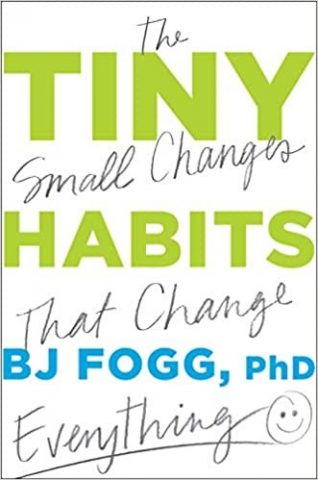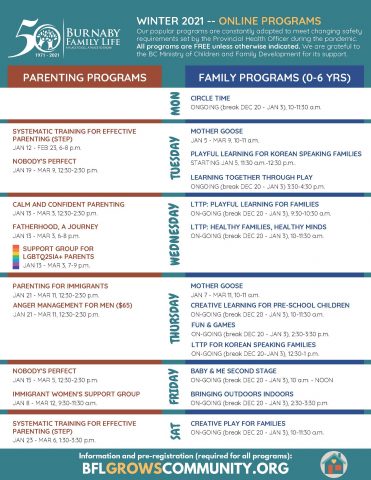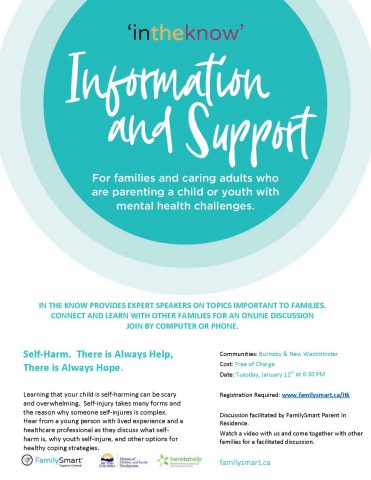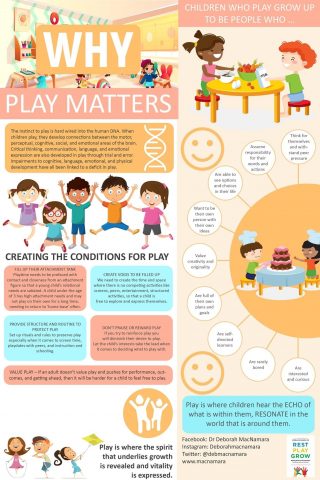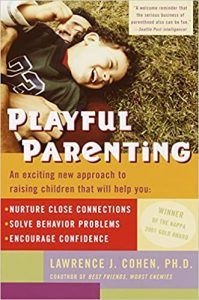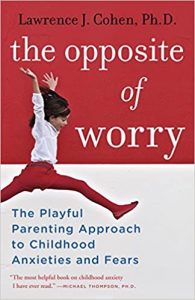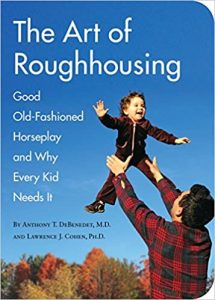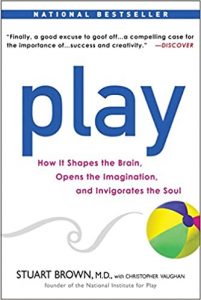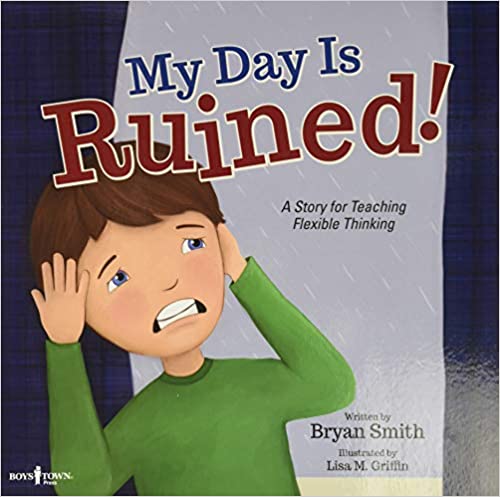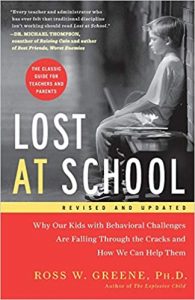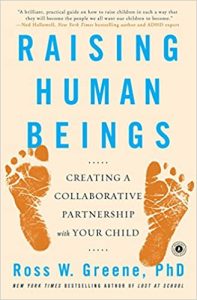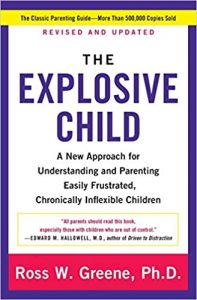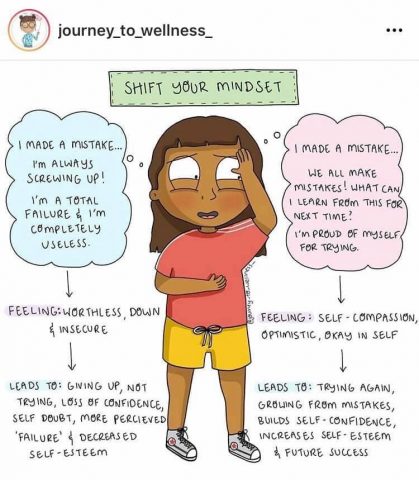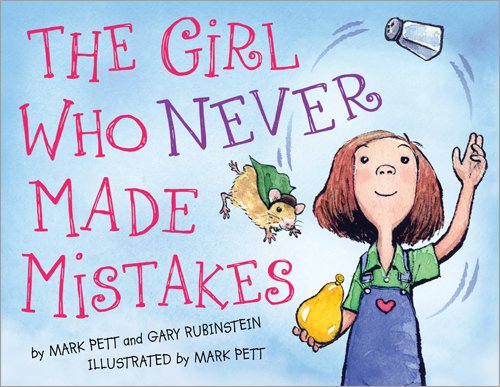Hello Everyone,
When negative thoughts and feelings seem to take over, they can be really hard to let go. It seems like those negative thoughts are the only thing you can think about and as a result you are living in uncomfortable feelings throughout the day. Recently, a psychologist I follow wrote a description of negative feelings and the inner battle we have with them. I thought the analogy they used was a great way to put it, so I wanted to share it with you all.
If you are struggling with a feeling you don’t want to have, It’s like being in a constant tug of war. On the other end of that rope is a monster. The monster is all the thoughts and feelings you don’t want to have and between you and the monster is a big pit. You think that if you just fight hard enough that monster will fall into the pit and disappear forever. But you can’t win. You are exhausted but he’s going nowhere. If anything, the monster is edging you closer to the pit. The more you try to control them, the more they pull back.
But what if there was another way? What if you let go of the rope and allow the monster (those negative feelings) to be there so that you can turn and focus on the things that matter most to you. Of course, the monster is still over there on the other side of the pit. However, you’re not so exhausted from trying to control him all the time and, as a result, the monster can’t control you either.
So, how do we let go of the rope? It’s easy to say and hard to do. Some tips are:
- Talk it out. Talking about the uncomfortable thoughts and feelings that are bothering us is a great way of starting to let go of them. Talking about our feelings with a trusted person, or being that trusted person for our children, is a great way of processing and letting go.
- Write it down – Journal writing is a great way of processing and letting go of uncomfortable thoughts and feelings. The placing of these thoughts in paper is a symbolic way of allowing these thoughts and feelings to leave our body and live elsewhere.
- Emotional Agility through Mindfulness – Here is a great article on this subject. I recommend taking the time to explore some of the great ideas the author brings up. https://www.mindful.org/feel-stuck-negative-emotions/
4. The Noting Technique – Though this video describes this as a way to deal with distraction while mediating, it also applies to negative feelings. It aligns us with the feeling accepting its existence, as opposed to in conflict with that feeling.
Life is filled of moments that don’t go how we hope. The negative thoughts and feelings that come with these moments are tough to manage. However, when we allow negative thoughts and feelings to exist and not struggle against them we take away some of their power. We can teach our children these techniques and allow them to consider that life brings uncomfortable thoughts and feelings. More importantly that when they show up things can be okay, that they have the power to manage those thoughts and feelings, that they will be okay.
One great book for talking about this subject with our children is Trudy’s Rock Story by Trudy Spiller






















